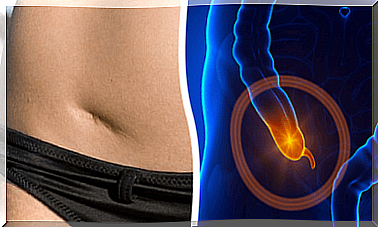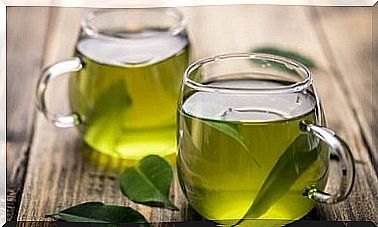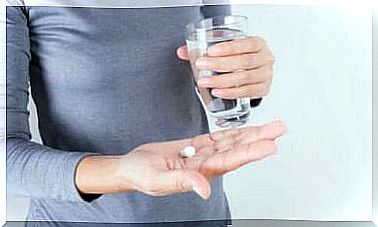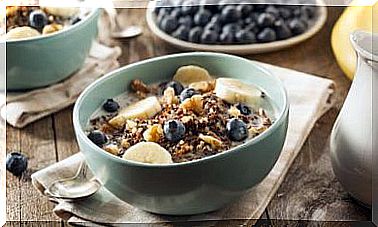Vitamins And Minerals That Fight Depression

Depression can be difficult to treat when it is chronic or severe, or if the person is already taking other medications. You can still fight depression in the early stages when you start to feel depressed, sad, anxious, or have other negative emotions. In today’s article, we will talk about the vitamins and minerals that generally help fight depression, as they directly affect your nervous system to promote a more positive outlook on life. In return, you will feel happier, more relaxed and satisfied with your life.
Vitamins and minerals for depression
Vitamin C
Vitamin C is an essential component of your immune system. But it also plays an important role in your nervous system, as a lack of vitamin C can lead to feelings of fatigue and sadness. If you do not get enough of this vitamin it will not harm you, but over a long period of time it can lead to depression.
It is also a good idea to take vitamin C when you are expecting times with high physical or mental stress levels as it helps prevent negative mood.
The best way to achieve the recommended dose of vitamin C is by eating citrus fruits. Make sure they are organic. You can even consume the garbage, which also has beneficial properties.
Foods rich in vitamin C include:
- Guava
- Cranberries
- Kiwi
- Raspberries
- Red peppers
- Broccoli
- Spinach
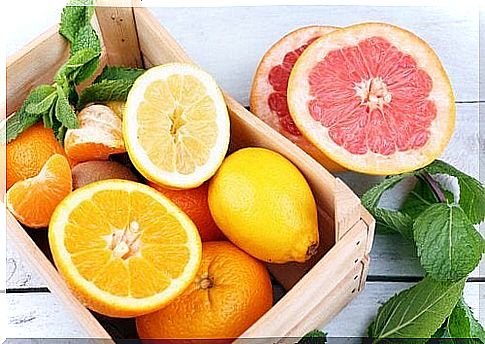
Vitamin B6
Vitamin B6, is responsible for controlling symptoms such as anxiety and depression. Lack of this vitamin can make you incredibly irritable and when you reintroduce it into your diet it will surprise you how much better you will get it.
Vitamin B6 can be found in the following foods:
- Chicken
- Fish
- Banana
- Potatoes
- Prayers
- Whole grains
The best way to get your daily dose of vitamin B6 is by adding a little brown rice or oatmeal to your meals, as a substitute for bread.
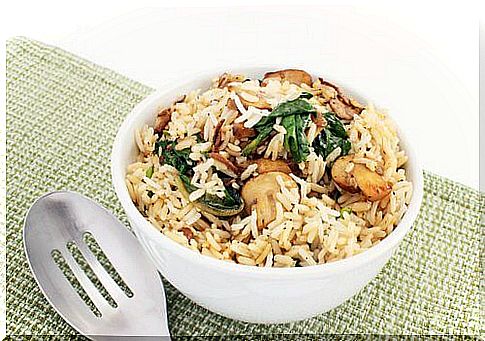
Folic acid
Several studies have highlighted the relationship between depression and vitamin B9 deficiency, also known as folic acid. According to this research, low levels of folic acid can impair your production of serotonin, which is the key to fighting depression.
It also confirms the importance of this nutrient when it comes to overcoming stress and periods of sadness, which can lead to more serious ailments if not treated early.
Foods rich in folic acid include:
- Steak, chicken, or turkey liver
- Green leafy vegetables
- Whole grains
- Asparagus
- Melons
- Avocado
- Orange
- Banana
Zinc
It has recently been discovered that zinc is an important neurotransmitter for your nervous system, and zinc deficiency may be associated with depression, fatigue, and other disorders.
Some symptoms of zinc deficiency include loss of appetite, hair loss, and a weakened immune system.
Getting more zinc is especially recommended when your depression is associated with menopause, as this mineral also helps regulate the body’s hormonal changes.
Some foods that are rich in zinc are:
- Seafood
- Fish
- Meat
- Walnuts
- Pumpkin seeds
- Sesame seeds
- Wheat flour
- Whole grains

Magnesium
Magnesium is essential for good physical and mental health. It helps regulate the nervous system and prevents insomnia, anxiety, hyperactivity, anxiety attacks, phobias, stress and depression.
Unfortunately, commercial agriculture leads to poor magnesium food in stores that are produced today, which means we consume less magnesium than our bodies need.
Foods rich in magnesium are:
- Seafood
- Milk and cheese
- Caviar
- Red meat
- Pumpkin seeds
- Amaranth
- Quinoa
- Green leafy vegetables
- Pear cactus
We recommend that you take a magnesium supplement after consulting your doctor. But there is no risk in consuming too much. If you exceed the maximum that your body needs, then it is simply removed without any side effects. However, this is not the case with all vitamins and minerals, so be aware.
Now that you know what vitamins and minerals are good for your mental well-being, just get started!


